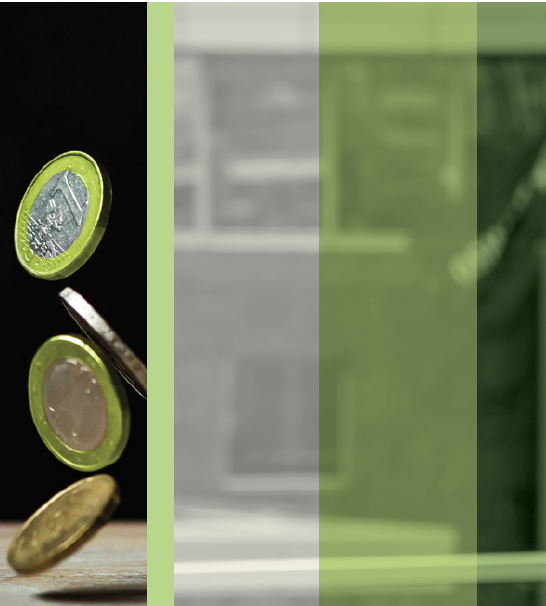TRUE PRICING CREATES TRANSPARENCY IN SUSTAINABLE PRODUCTION PROCESSES
Sustainability has been a hot topic for some time now and is playing an increasingly visible role in our daily lives: from the growing range of eco-friendly products to flight shame and plant-based foods. But there’s so much more that can be improved. That’s no secret to Michel Scholte, director of the Impact Institute and True Price. Named Minister of the New Economy this year, Scholte is working to accelerate the sustainable future in Holland. One part of that is true pricing. But what is true pricing, and why should we care? Michel Scholte and collaborative partner Henk Hofstede, Retail Sector banker with ABN AMRO, explain the concept and why it matters for a sustainable society.
Consumers are becoming ever-more mindful of how sustainable their purchases actually are. A study carried out by ABN AMRO in collaboration with Insights & Consultancy in August of last year showed that 48% of consumers care about sustainability. But there can be no fair and sustainable future without SUSTAINABILITY transparency in business processes, and no sustainable products without true pricing. That’s where True Price comes in. Michel explains: “True pricing is the market price of a product plus the social and environment costs across the whole value chain, so including things like underpayment of workers and groundwater and air pollution. To compensate those costs, you make a kilogram of, say, bananas, 15 eurocents more expensive.” Still, that doesn’t necessarily make a relatively ‘more expensive’ sustainable product the most attractive one. According to Henk, true pricing is the crucial next step towards attaining prices that are genuinely fair, by making ‘cheap’ options more expensive and so stimulating consumers to purchase sustainable products.

First step to a smaller footprint
To keep our planet habitable, taking that
first step towards sustainability is key.
This will raise awareness and appreciation
among consumers for what’s at stake and bolster the circular transformation of
waste back into raw materials. Amsterdam
Impact and the DOEN Foundation are
supporting the True Price ecosystem to
help consumers and retail companies map
and implement true pricing. “Take a joint
study with the Impact Institute to look
at the true price of a pair of jeans”, Henk
says. “Here, our focus is on more efficient
water management in cotton farming,
paying a living wage in cotton farming,
factories and promoting denim recycling
in order to minimize the ecological
footprint.” The retail chain Zeeman
was one of the first to open production
locations in Asia to audits by NGOs and
trade unions. This input alone marks a
step towards a sustainable production process and improved labour conditions.
Another example, says Henk, is Lidl,
“which recently piloted a new eco-score
system to raise consumer awareness
about products’ ecological impact, to
then enable an informed choice. It’s a
challenge to implement True Price due
to the international law and it requires a
total chain approach, but techniques such
as blockchain make this possible”.

Responsibility
The basis for working towards a
sustainable future is shared responsibility
among government, industry and
consumers, Henk concludes. “Government
has to ensure a fair playing field, with
extra incentives to get manufacturers to produce fairly and sustainably. Flanking
that will be hard legislation on things like
carbon pricing, child labour and paying a
living wage, use of circular raw materials
and waste reduction.” To get a taste of true
pricing, says Michel, “Consumers have a
responsibility as well. Always think about
what you’re buying and if you need it.
Look at the product information and
buy non-toxic, eco and human friendly
processed goods. You can already have
a look in the world’s first true-price
supermarket, De Aanzet, which is
located on the Eerste Jacob van
Campenstraat 10, And soon, you may
also grab a bite in the Circl restaurant,
which has developed a true-price menu
in partnership with Vermaat”.
